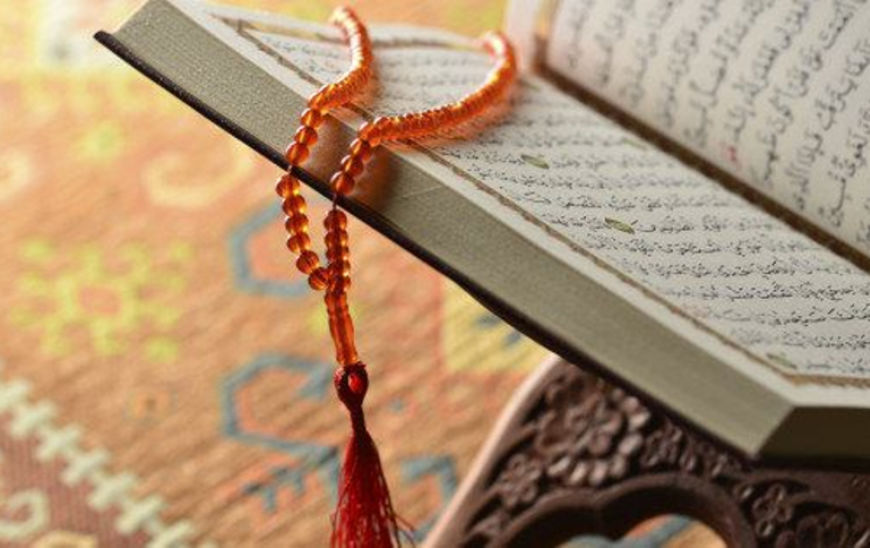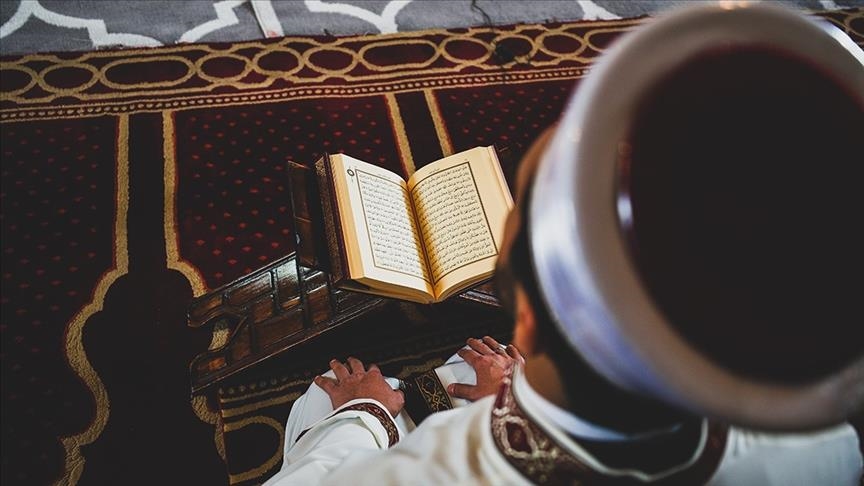10 Famous Prayers Among Muslims in Arabic and English: A Spiritual Guide
Prayer (Dua) is one of the most profound and significant aspects of Islamic practice. Muslims engage in prayers not only during the five obligatory daily prayers (Salah) but also throughout their day in various situations, seeking guidance, protection, forgiveness, and blessings. Some prayers have been passed down through generations and are widely recited for their deep spiritual impact.
In this article, we’ll explore 10 famous prayers (duas) among Muslims, providing both the Arabic text and English translation. These prayers serve various purposes, from seeking God’s mercy to asking for success and protection. If you want to delve deeper into these prayers, visit 10 Famous Prayers Among Muslims in Arabic and English for more insights.
1. Dua for Seeking Forgiveness (Istighfar)
Arabic:
أَسْتَغْفِرُ اللَّهَ رَبِّي مِنْ كُلِّ ذَنْبٍ وَأَتُوبُ إِلَيْهِ
Transliteration:
Astaghfirullaha Rabbi Min Kulli Dhambin Wa Atoobu Ilayh.
English:
"I seek forgiveness from Allah, my Lord, for every sin, and I repent to Him."
This prayer for seeking forgiveness is recited to ask Allah for pardon from sins, both known and unknown. It's a reminder of the human tendency to err and the importance of repentance in maintaining a close connection with God.
2. Dua for Protection (Ayat-ul-Kursi)
Arabic:
اللَّهُ لَا إِلَٰهَ إِلَّا هُوَ الْحَيُّ الْقَيُّومُ... (2:255)
English:
"Allah! There is no deity except Him, the Ever-Living, the Sustainer of [all] existence..."
(Refer to the full verse for complete prayer)
Ayat-ul-Kursi, from Surah Al-Baqarah, is one of the most powerful verses in the Quran. Muslims recite this verse for protection from harm and as a way of invoking Allah's infinite power and mercy.
3. Dua for Guidance (Surah Al-Fatiha)
Arabic:
بِسْمِ اللَّهِ الرَّحْمَٰنِ الرَّحِيمِ. الْحَمْدُ لِلَّهِ رَبِّ الْعَالَمِينَ...
English:
"In the name of Allah, the Most Gracious, the Most Merciful. Praise be to Allah, the Lord of all worlds..."
Surah Al-Fatiha, the opening chapter of the Quran, is recited in every unit of Salah (formal prayer). It asks for guidance, mercy, and the righteous path, summarizing the essence of a Muslim’s supplication to their Creator.
4. Dua for Patience and Strength
Arabic:
رَبِّ اشْرَحْ لِي صَدْرِي وَيَسِّرْ لِي أَمْرِي
Transliteration:
Rabbi Ishrah Li Sadri Wa Yassir Li Amri.
English:
"My Lord, expand for me my chest [with assurance] and ease for me my task."
This prayer, taken from the supplication of Prophet Moses (Musa), is commonly recited when seeking patience and ease during challenging tasks.
5. Dua for Seeking Knowledge
Arabic:
رَّبِّ زِدْنِي عِلْمًا
Transliteration:
Rabbi Zidni Ilman.
English:
"My Lord, increase me in knowledge."
Muslims recite this short but powerful dua to seek growth in knowledge and understanding, a vital element in the pursuit of both worldly and spiritual wisdom.
6. Dua for Health and Healing
Arabic:
اللَّهُمَّ رَبَّ النَّاسِ، أَذْهِبِ الْبَأْسَ، اشْفِ أَنْتَ الشَّافِي، لَا شِفَاءَ إِلَّا شِفَاؤُكَ، شِفَاءً لَا يُغَادِرُ سَقَمًا
Transliteration:
Allahumma Rabban-nas, Adhhibil-ba'sa, Ashfi wa Anta Ash-Shafi, La Shifa'a illa Shifa'uka, Shifa'an La Yughadiru Saqaman.
English:
"O Allah, Lord of mankind, remove the harm and heal, for You are the Healer. There is no healing but Your healing, a cure that leaves no disease behind."
This dua is frequently recited by those seeking good health and healing, believing in Allah as the ultimate Healer.
7. Dua for Protection from Evil
Arabic:
بِسْمِ اللَّهِ الَّذِي لَا يَضُرُّ مَعَ اسْمِهِ شَيْءٌ فِي الْأَرْضِ وَلَا فِي السَّمَاءِ وَهُوَ السَّمِيعُ الْعَلِيمُ
Transliteration:
Bismillahilladhi la yadurru ma'asmihi shay'un fil-ardi wala fis-sama'i wa huwa as-sami'ul-aleem.
English:
"In the name of Allah, with whose name nothing in the heavens or earth can harm, and He is the All-Hearing, the All-Knowing."
This dua is recited as protection from harm or any evil forces, invoking Allah’s all-encompassing protection.
8. Dua for Thankfulness
Arabic:
الْحَمْدُ لِلَّهِ الَّذِي أَطْعَمَنَا وَسَقَانَا وَجَعَلَنَا مُسْلِمِينَ
Transliteration:
Alhamdulillahilladhi At'amana Wasaqana Waja'alana Muslimin.
English:
"Praise be to Allah who has fed us, given us drink, and made us Muslims."
This simple yet meaningful dua is a way to express gratitude to Allah for His blessings and provisions.
9. Dua for Success
Arabic:
رَبَّنَا آتِنَا فِي الدُّنْيَا حَسَنَةً وَفِي الْآخِرَةِ حَسَنَةً وَقِنَا عَذَابَ النَّارِ
Transliteration:
Rabbana Atina Fid-dunya Hasana, Wa Fil-akhirati Hasana, Wa Qina 'Adhab an-Nar.
English:
"Our Lord, give us good in this world and good in the Hereafter, and save us from the punishment of the Fire."
This dua is often recited for seeking success in both this life and the hereafter, balancing worldly needs with spiritual aspirations.
10. Dua for Seeking Refuge from Difficulties
Arabic:
اللَّهُمَّ إِنِّي أَعُوذُ بِكَ مِنَ الْهَمِّ وَالْحُزْنِ وَأَعُوذُ بِكَ مِنَ الْعَجْزِ وَالْكَسَلِ
Transliteration:
Allahumma inni a'udhu bika minal-hammi wal-huzn, wa a'udhu bika minal-'ajzi wal-kasal.
English:
"O Allah, I seek refuge in You from worry and grief, and I seek refuge in You from incapacity and laziness."
This dua is recited to ask Allah for strength, relief from stress, and protection from feelings of helplessness.
By incorporating these prayers into daily life, Muslims cultivate a deeper relationship with Allah, gaining peace, guidance, and strength. Each prayer holds a special place in Islamic spirituality and helps believers navigate life’s complexities.



